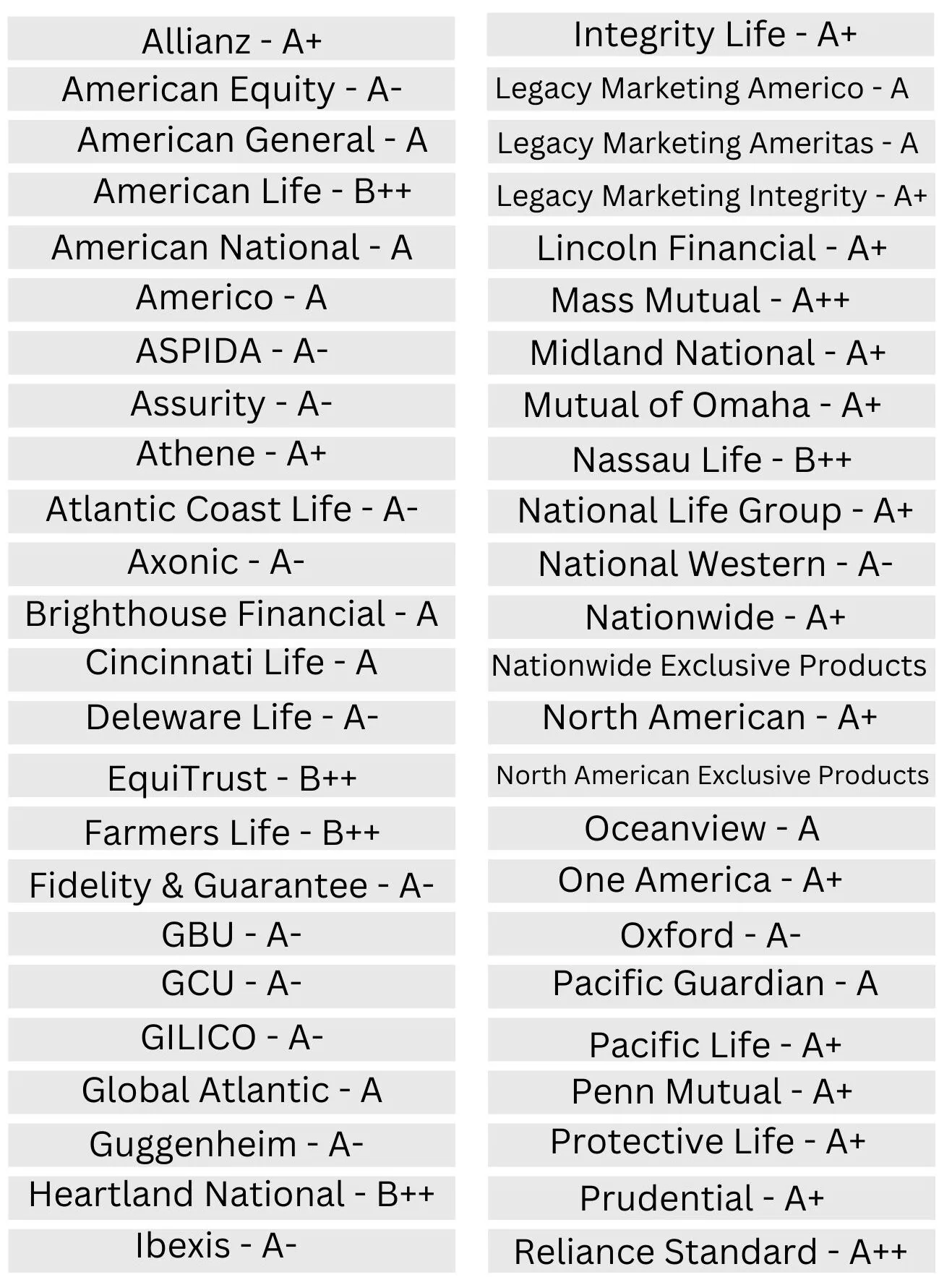Life Insurance for Sleep Apnea

Over 100 Carriers to Quote From. Here are a few of them!

At Diversified Insurance Brokers, we help clients with sleep apnea secure affordable life insurance coverage from over 100 top-rated carriers. Whether you use a CPAP machine, have mild symptoms, or your condition is well-controlled, our underwriting expertise ensures we match you with the most favorable options available.
Life Insurance with Sleep Apnea
If you’re living with sleep apnea, it doesn’t mean you’re uninsurable. At Diversified Insurance Brokers, we specialize in helping clients with sleep-related and respiratory conditions find affordable, tailored life insurance coverage.
Speak with an expert who understands life insurance for sleep apnea and related conditions.
How Sleep Apnea Impacts Life Insurance
- Type of Sleep Apnea: Obstructive sleep apnea (OSA) is generally viewed more favorably than central sleep apnea (CSA).
- Treatment Compliance: Regular CPAP use and documented control of symptoms can improve rates.
- Severity: Mild and moderate cases often receive better offers than severe cases with complications.
- Associated Health Risks: Hypertension, heart disease, or obesity may impact underwriting results.
Who This Coverage Is Best For
- Individuals with well-controlled sleep apnea.
- Applicants using CPAP consistently with good results.
- Those declined previously due to untreated or severe sleep apnea.
- People seeking term, whole life, or final expense coverage despite sleep-related health concerns.
What Improves Approval Chances
- Documented CPAP compliance from your physician.
- Stable or improving condition over time.
- No recent hospitalizations or related complications.
Typical Outcomes We See
- Mild/Moderate, Controlled Cases: Standard or mildly rated traditional coverage.
- Severe, Untreated Cases: May require graded or guaranteed issue coverage.
Why Work With Diversified Insurance Brokers
- Access to 100+ A-rated carriers: We know which insurers are most favorable to sleep apnea cases.
- Specialized underwriting knowledge: We understand how to position your case for the best rates.
- Confidential process: Your medical information is always secure.
Example Case
A 48-year-old woman with moderate sleep apnea using CPAP for three years was approved for a $500,000 20-year term policy at a standard rate—after being offered only substandard rates elsewhere.
Get started today: Submit your sleep apnea life insurance request.
FAQs: Life Insurance for Sleep Apnea
Can I get life insurance if I have sleep apnea?
Yes. You can often qualify—especially if your sleep apnea is treated, well-controlled, and documented. Severity, related health issues, and treatment consistency all play a role.
How does using a CPAP machine affect my underwriting?
Regular CPAP use with good compliance often improves underwriting offers. It demonstrates that symptoms are being managed and risk is reduced.
Does the type or severity of sleep apnea matter?
Yes. Obstructive sleep apnea (OSA) is typically viewed more favorably than central sleep apnea (CSA). Mild or moderate cases generally get better offers than severe cases with complications.
What associated health conditions impact coverage?
Conditions like obesity, high blood pressure, heart disease, and respiratory issues can increase underwriting risk and may raise premiums or limit policy types.
What improves my chances of getting good rates?
Things that help include documented CPAP compliance from your physician, stable or improving condition over time, no recent hospitalizations or complications, and routine medical follow-ups.
What types of outcomes are typical?
• Mild/moderate controlled cases: standard or mildly rated traditional coverage.
• Severe or untreated cases: likely to require graded benefit policies or guaranteed issue coverage.
Can I still get whole life or just term?
Both term and permanent (whole life, final expense) policies may be available depending on how well your sleep apnea is managed and your overall health. Simpler issue policies are often an option if risk is higher.
Will my premium be significantly higher?
That depends on severity, treatment compliance, related health issues, and how often symptoms cause complications. If everything is well-managed, the premium difference may be modest; if not, more risk loadings or higher rates are common.
What if I was declined before because of sleep apnea?
You may have options. Some insurers are more favorable than others. Strengthened documentation, proof of treatment stability, and applying with carriers experienced with sleep apnea underwriting may improve chances.
Talk With an Advisor Today
Choose how you’d like to connect—call or message us, then book a time that works for you.
Schedule here:
calendly.com/jason-dibcompanies/diversified-quotes
Licensed in all 50 states • Fiduciary, family-owned since 1980
About the Author:
Jason Stolz, CLTC, CRPC, is a senior insurance and retirement professional with more than two decades of real-world experience helping individuals, families, and business owners protect their income, assets, and long-term financial stability. As a long-time partner of the nationally licensed independent agency Diversified Insurance Brokers, Jason provides trusted guidance across multiple specialties—including fixed and indexed annuities, long-term care planning, personal and business disability insurance, life insurance solutions, and short-term health coverage. Diversified Insurance Brokers maintains active contracts with over 100 highly rated insurance carriers, ensuring clients have access to a broad and competitive marketplace.
His practical, education-first approach has earned recognition in publications such as VoyageATL, highlighting his commitment to financial clarity and client-focused planning. Drawing on deep product knowledge and years of hands-on field experience, Jason helps clients evaluate carriers, compare strategies, and build retirement and protection plans that are both secure and cost-efficient.
